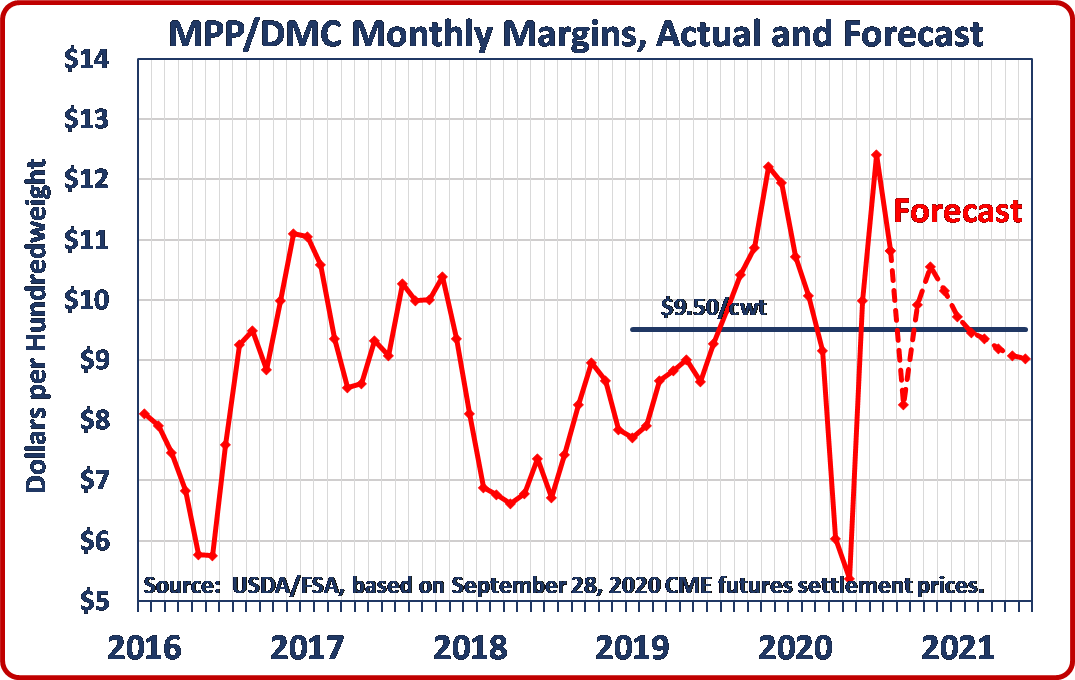Dear Dr. Hahn –
Sorry to bother you at such a busy time, but we need to talk. We’re guessing that 2020 wasn’t what you expected, dealing with COVID vaccines and a host of other pressing concerns. It’s been crazy for us too. But faith and friends can help you through, no matter how big or small the troubles may be. We hope you’ve felt supported through these challenging times.
We’ve noticed that recently, FDA has been getting more active on topics beyond COVID-19, in some cases even revisiting issues that have lain dormant from previous decades in the spirit of completing unfinished business. That made us think it was time to remind you about something you promised you’d deal with back in November, before everything turned upside down. At your FDA confirmation hearing, Senator Tammy Baldwin asked you whether and when FDA under your leadership would soon start enforcing labeling standards that reserve dairy terms for real dairy products, not the plant-based imposters that are posing an increasing problem for public health. You said you supported “clear, transparent, and understandable labeling for the American people” and that you would “very much” look into it.
How is that going? Any way we could help? We understand that FDA has kicked fake dairy deception down the road for decades, but the problem is only growing, public-health experts are growing concerned, and it isn’t a heavy lift for the FDA to do what’s not only true to its mission but also what’s legally required. In fact, we have provided an entire road map proposal that offers a clear guide to resolution – one that is well-grounded in First Amendment law, would ensure that consumers know what products are and aren’t nutritionally, and even could allow plant-based “milks” to continue dairy terms in some instances, with proper qualifiers that have long been established in FDA regulations to clearly distinguish them from dairy.
We had been very hopeful, based on your pledge, that this would be the year this problem could finally be solved. Since it’s late in 2020 – and who knows what the next few months might be like? — we thought we should check in.
We’re cheering for you to take action. FDA commissioner is never an easy job, and 2020’s been a challenge for the ages. But since fake milk has long been crucially important to dairy farmers – in places like Wisconsin, in Michigan, in Pennsylvania, in Minnesota, and all across the United States – we thought this might be a good time to remind you of this promise.
We’re happy to chat further because this simple matter can be resolved soon, to the benefit of everyone. Well, maybe not marketers of dishonest products, but they’ve had their day. Say hi to everyone at FDA for us, there’s never enough bandwidth on Zoom to talk to everyone we’d like to. Good luck with the rest of the year!
With Regards,
The National Milk Producers Federation






